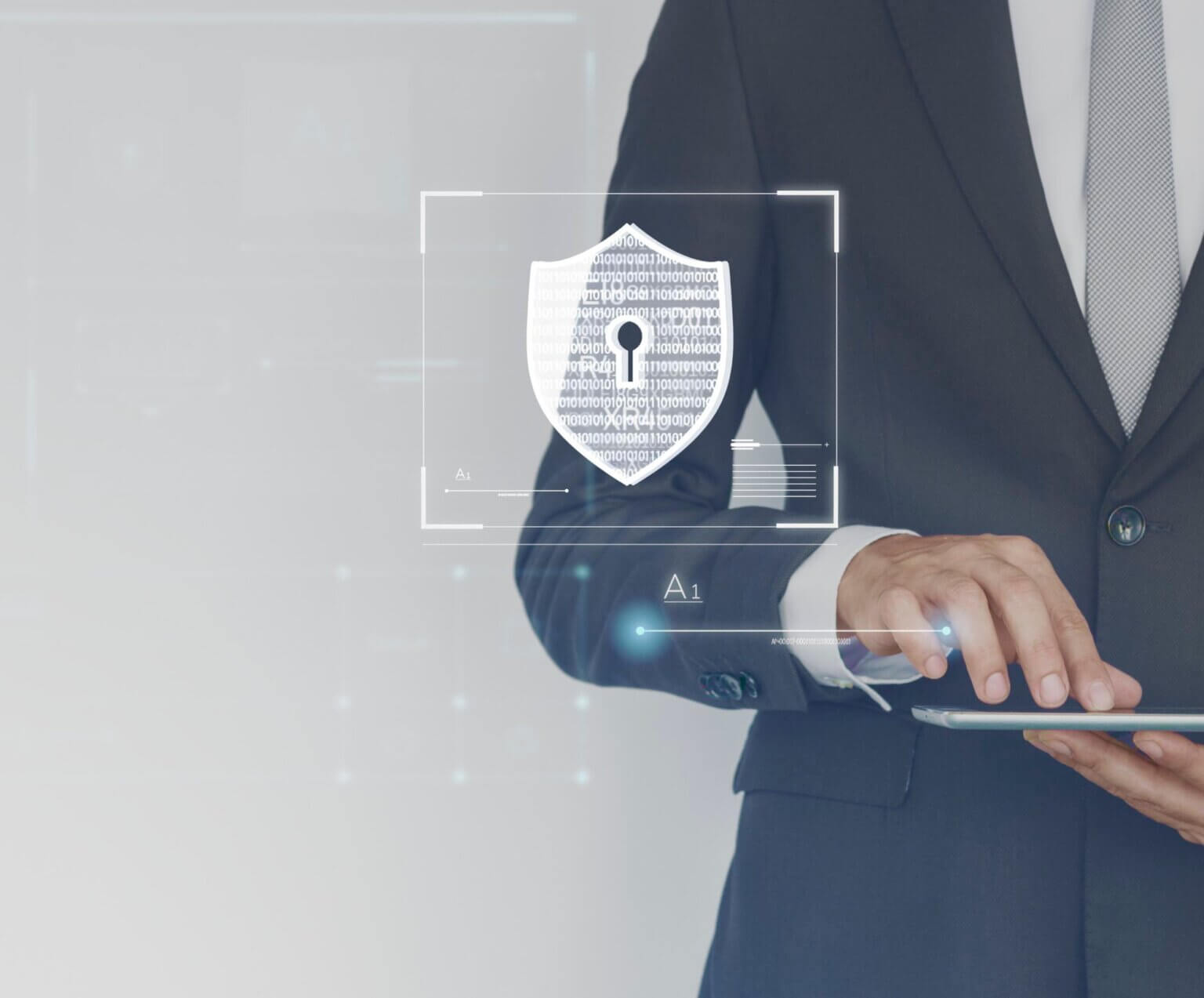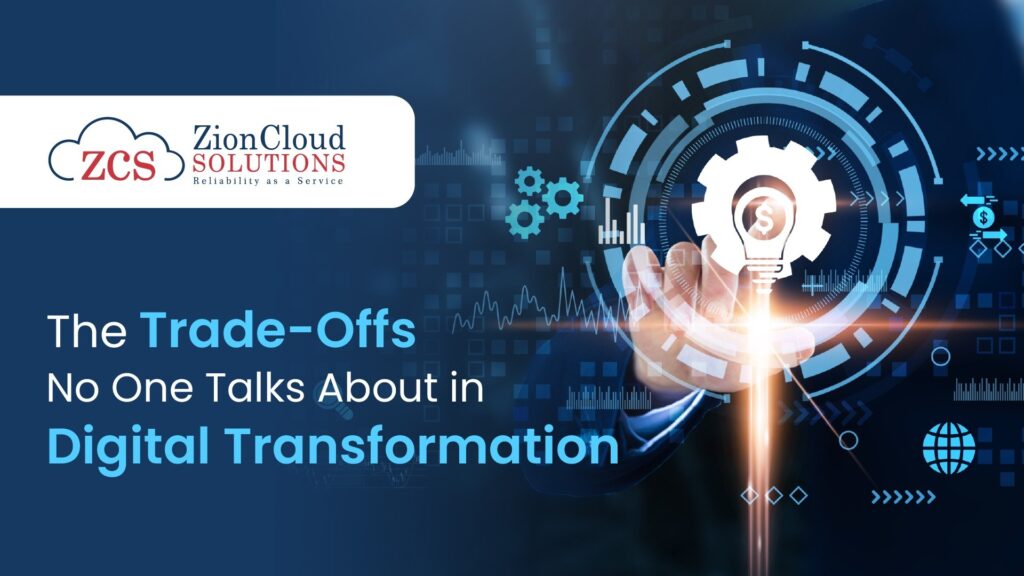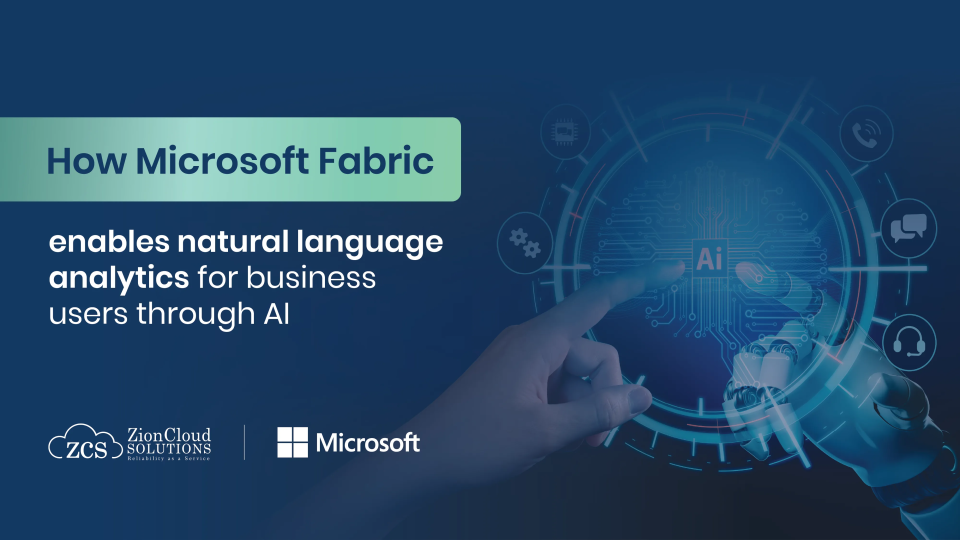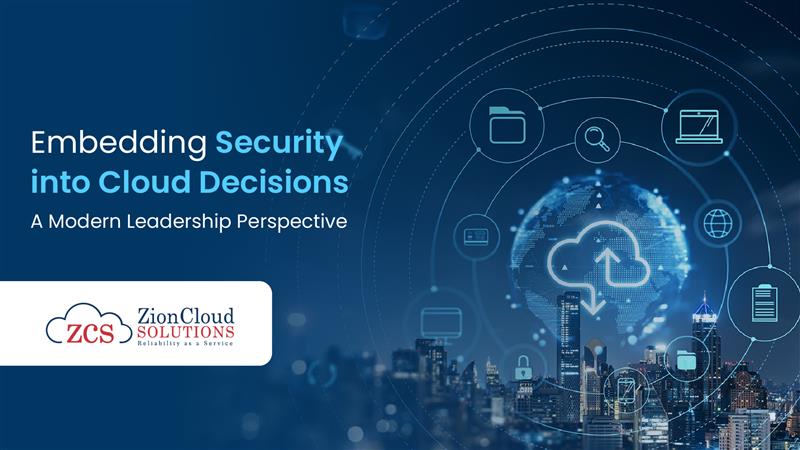In an era where digital footprints are expanding exponentially and cyber-attacks are becoming increasingly sophisticated, an organization’s commitment to security and privacy is not just a matter of compliance—it’s a cornerstone of trust. While firewalls, encrypted databases, and multi-factor authentication play pivotal roles, the human element remains the most susceptible to breaches. As such, cultivating a security and privacy-centric culture within organizations is paramount. Here’s why:
1. Rising Cybersecurity Threats
Every day, we hear stories of companies, regardless of their size, falling victim to cyber threats ranging from phishing scams to ransomware attacks. Cybercriminals are always on the hunt for vulnerabilities, and often, these vulnerabilities are human. Building a security-focused culture means every member of the organization, from the CEO to the newest intern, is aware of the risks and acts responsibly.
2. The Value of Trust
Trust is invaluable. A breach in data or a slip in privacy protection can erode customer trust, sometimes irreparably. When organizations prioritize security and privacy, they are essentially communicating to their stakeholders that their data and information are in safe hands.
3. Regulatory Repercussions
With regulations like GDPR in Europe and CCPA in California, organizations are mandated to handle data with the utmost care. Non-compliance can lead to severe penalties, both financial and reputational. An ingrained culture of privacy ensures smoother adherence to these rules.
4. The Human Element
While technology can provide rigorous security infrastructure, humans are inherently unpredictable. Simple actions like using weak passwords, downloading dubious attachments, or accessing company data from insecure networks can lead to substantial breaches. A culture that consistently emphasizes safe practices can mitigate these risks.
5. Building Resilience
When security and privacy become integral to an organization’s ethos, it prepares itself better for potential threats. It’s not just about preventing breaches but also about having the tools, awareness, and agility to respond efficiently and effectively if and when they occur.
Steps Toward Building This Culture
- Continuous Education: Regular workshops, training sessions, and updates about the latest threats can keep the team informed and vigilant.
- Open Communication Channels: Employees should feel comfortable reporting potential threats or mistakes without fear of retaliation. This ensures quicker response times.
- Embedding Security in Onboarding: From day one, new employees should be introduced to the organization’s security protocols and the importance of upholding them.
- Celebrating Good Practices: Recognizing and rewarding employees who demonstrate exceptional security behavior can serve as a motivating factor for others.
- Regular Audits and Drills: Simulated cyber-attacks or privacy breach scenarios can test the organization’s preparedness and highlight areas of improvement.
In conclusion, as technology continues to evolve and integrate deeper into organizational processes, the potential risks associated with cyber threats and privacy breaches grow in tandem. Building a culture that inherently values and prioritizes security and privacy isn’t just a strategic move—it’s a necessity. An organization fortified with technology and strengthened by a committed team is the best line of defense in the digital age.
Furthermore, for organizations seeking a comprehensive understanding of their current privacy and security standards, Zion Cloud Solutions offers unparalleled expertise. By assisting companies in pinpointing their existing strengths and vulnerabilities, Zion Cloud not only provides a clear snapshot of the present landscape but also helps in crafting a tailored roadmap for cultivating a resilient security culture. Embracing partners like Zion Cloud Solutions ensures that the journey towards a security and privacy-centric environment is both strategic and sustainable.





